The ongoing Ukraine Crisis has transported India back to the Cold War era when it was expected to choose a side. However, given India’s growing stature in international affairs and its dynamics with the two countries, maintaining the same strategic autonomy as last time will be nearly impossible. While a Russia-China-India axis in the present scenario is next to impossible, jumping on the Washington wagon has its own set of ill consequences for India vis-à-vis Moscow. It is in India’s best interests for the Ukraine crisis to be de-escalated as soon as possible.
With the recent announcement of the United States deploying over 3,000 troops in the Eastern European countries of Poland, Germany, and Romania, the possibility of a full-fledged war appears to be growing. The world is on pins and needles because of the increased tensions between the US (and NATO) and Russia over Ukraine. For India, the geopolitical crisis is not taking place in a faraway land and will affect her strategic interests in a variety of ways. The Russia-Ukraine crisis needs to be looked into for evaluating its impact on India.
After initially remaining diplomatically silent on the matter, India issued an official statement calling for a peaceful resolution. It is one of the three countries that voted against discussing Russian troop build-up along the Ukrainian border at the UN Security Council, highlighting the gravity of the situation.
Unfortunately, India finds itself in a difficult situation despite having deep, favourable, and strategic relations with both the United States and Russia. Recent events have transported India back to the Cold War era when it was expected to choose a side. However, given India’s growing stature in international affairs and its dynamics with the two countries, maintaining the same strategic autonomy as last time will be nearly impossible. This is emphasized further by the US statement that it would “welcome India’s role in de-escalating the situation between the countries.”
Russia’s deteriorating relations with the United States pose a significant challenge for India.
Russia’s deteriorating relations with the United States pose a significant challenge for India as closer ties with either will ensure deteriorating ties with the other. Further, China has emerged as Russia’s most prominent ally over the years. If Russia’s rivalry with the West worsens, the trajectory of the Russia-China relationship will shift in a direction that will be detrimental to India due to its strategic choices.
While a Russia-China-India axis in the present scenario is next to impossible, jumping on the Washington wagon has its own set of ill consequences for India vis-à-vis Moscow.
First, defence concerns. In addition to being a unique and privileged strategic partner, Moscow is India’s primary defence partner, with 86% of the equipment, weapons, and platforms currently in military service in India originating in Russia. Because of this dependency, in the future, Russia could delay the replacement and servicing of these weapons and equipment, which, of course, won’t be in India’s interest.
US President Biden has threatened that any military conflict will lead to sanctions against Russia. India could face secondary sanctions like CAATSA (Countering America’s Adversaries Through Sanctions Act) as India has signed deals for the S-400 missile system and AK-203 assault rifles with Moscow. However, India has reiterated that it “pursues an independent foreign policy that also applies to its defence acquisitions and supplies which are guided by its national security interests.”
Second, the concerns about energy dependability follow. Moscow may reduce gas supplies, raising oil prices in Europe, which is heavily reliant on Russia for energy. An oil shock could be disastrous for India. It could derail India’s plans to use LNG (liquefied natural gas) to power fertilizer plants because Europe buying on the open market (if Russia faces sanctions) would drive up LNG prices globally. This will put pressure on the Indian government to reconsider taxes, raising concerns about supply disruptions.
This will have an impact not only on inflation but also on the amount of LPG and kerosene subsidies that the government must pay. As a result, it will impose a significant financial burden on India, which is still recovering from the pandemic.
Third, there is an unwelcome distraction. Washington’s focus on Europe would be dangerous for India because it would divert attention away from the Indo-Pacific and the threat posed by an aggressively rising China.
Fourth, interpersonal relationships. A Russian invasion of Ukraine will have ramifications for India’s diaspora as well as its economy and security. India would have to be concerned about its citizens’ safety in Ukraine.
Fifth, India’s signing of the Reciprocal Exchange of Logistics Agreement (RELOS) is especially important at a time when China’s presence in the Arctic is expanding. It would grant India access to Russian Arctic naval bases. This agreement is critical for India to counter China’s rising threat. As a result, India should hope for a rapid de-escalation of the Ukraine crisis, as a worsening of the situation could jeopardize the signing of RELOS, especially given that India already has a military logistics agreement with the US, the Logistics Exchange Memorandum of Agreement, or LEMOA. Any further squabble between the two countries could cause unnecessary problems for India.
Ukraine crisis has a huge impact on India and thus requires immediate attention by the establishment.
To cut a long story short, the Ukraine crisis has a huge impact on India and thus requires immediate action by the establishment. Any further deterioration in relations would only serve to obfuscate the possibility of cooperation. In that case, India would be forced to make decisions that would have ramifications for Indian multilateralism. Otherwise, India will be forced to make difficult decisions in order to maintain multilateralism. It is pertinent to state that it is in India’s best interests for the Ukraine crisis to be de-escalated as soon as possible.
Disclaimer: The views expressed in this article are of the author solely. TheRise.co.in neither endorses nor is responsible for them.
About the author
Neeraj Singh Manhas is a Director of Research, Indo-Pacific Consortium, at Raisina House, New Delhi. He has authored four books under his name and has various research interests covering India-China in the Indian Ocean, India's maritime securities, and Indo-Pacific studies.

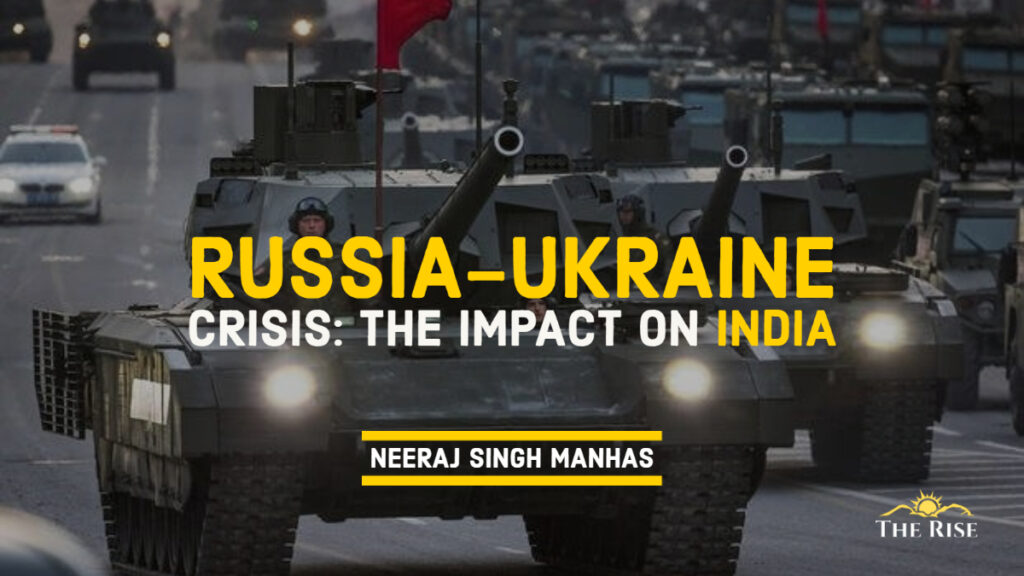

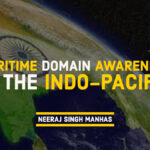

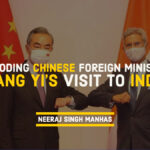
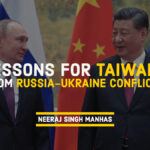


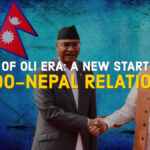

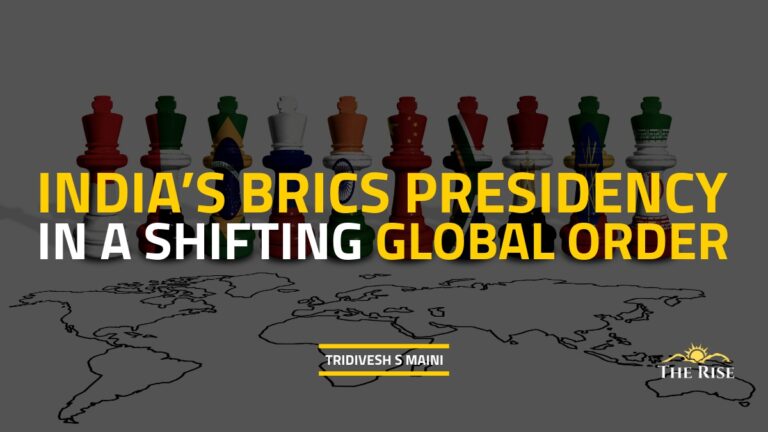



Pingback: Lessons for Taiwan from Russia-Ukraine Conflict - TheRise.co.in
Pingback: Ukraine Crisis and Energy Security in India - TheRise.co.in
Pingback: Impact of Russia-Ukraine Conflict on Economy - TheRise.co.in
Pingback: Russia-Ukraine War: Alternative to SWIFT - TheRise.co.in
Pingback: Catastrophic Consequences of the Conflict - TheRise.co.in